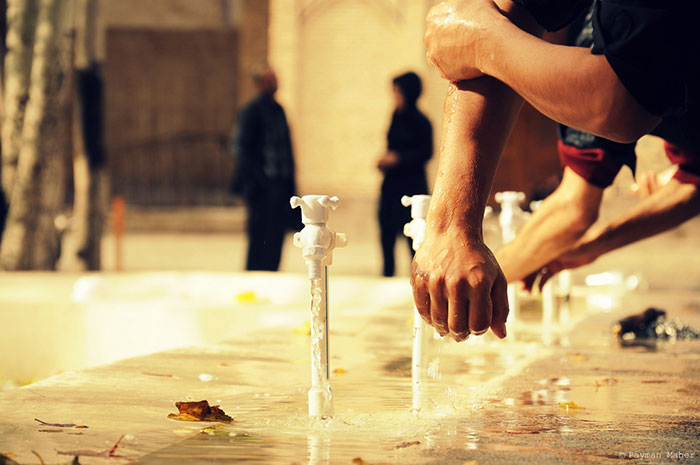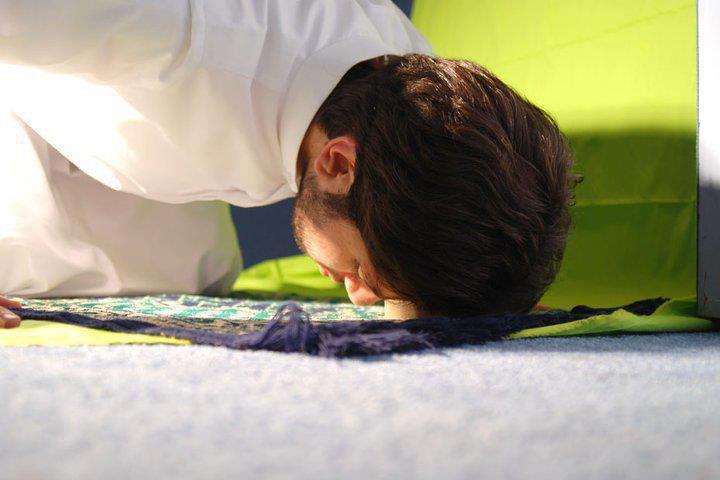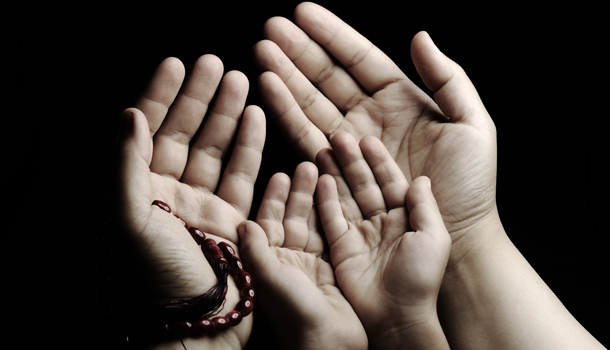What is the philosophy behind the Nijasah of Dog in Islam?
 In Islam there are about ten Najes objects, by Najes we mean something that we are not allowed to eat them or if we touch them, we must wash the part of our body which has touch them (of course with its conditions, like being at least one of them wet to the extent that its wetness certainly transmits to the other).
In Islam there are about ten Najes objects, by Najes we mean something that we are not allowed to eat them or if we touch them, we must wash the part of our body which has touch them (of course with its conditions, like being at least one of them wet to the extent that its wetness certainly transmits to the other).
Among the Najes things, is dog and pig which live in the land (not in the sea).
Some unbelievers blame Islam because of having this rule and they say that Islam is against the animals. But let’s see is it true or not?
When we say a thing is Najes, it means that it is unclean superficially, but in reality, do we claim that the dog is unclean in its innate nature and is without any use? We cannot claim that, we are aware of the good characteristics of a dog, like faithfulness, and it is interesting that there is a Narration that says: good for the one that his/her life is like the life of dog, and in the description of this sentence, the Narration goes on that there are some good characteristics in dog like not sleeping all the night.
And another witness is that we believe that among the Najes things, is the blood of human and some animals, do we really claim that it is an unusable material? Or do we mean by decreeing on blood as a Najes thing, that we really want to belittle the blood?
Or another example:
You know wearing the pure silky shirt is Haram and forbidden for the men in all times i.e. in the time of performing prayer and in the other times, do you really think that Islam wants to belittle the silk?
So we must differentiate between the superficial Nijasah (being Najes) of a thing and between the real essence of that.
In Islam we have been so much advised and ordered to have good treatment toward the animal, and it is very interesting that in a situation that we have few water and if we want to perform Wodu with that water, there is a dog beside us that will die out of thirst, in some cases we are ordered to give that few water to the dog and perform Tayammom instead of Wodu, and you can find many Narrations about the treating the animals, so we realize till now that Islam is not against animals rights.
Another point is that the meaning of respecting animal is not to play with it and take it as a partner or make it the owner of some of your properties or let it sleep in your bed etc. respecting the animal means not to do cruelty to it, to give it enough water and meal etc. and by doing these treatments, you have observed its rights.
The other point is that we have mentioned in the other essays that the obligations and prohibitions of Islam are beneficial for the human and it is not necessary to know all the philosophies of a rule before doing that, because it is like when you refer to the doctor and he/she prescribes for you some medicine, you do not say: until I do not understand the reason of prescription of every pill in detail, I do not take it, and it is just like our subject, although there are some harms and dangers or some problems for letting the dog to be in your house and bed which have been proved scientifically, but we submit to the commands of the Lord of the world because we have proved the existence of Him and the attributes of Him like mercy, knowledge, wisdom, not being in need of anyone or anything, etc.
There are some philosophies that can be mentioned for the Nejasah of a dog, like:
Due to the faithfulness of a dog, this rule might be a way for preventing the human from being so much attached to this animal and being negligent of the remembrance of Allah and our duties towards Him.
And the other philosophy can be the illnesses that can be created through dogs like rabies that is one of the most dangerous illnesses.
It has been proved by scientific researchers that there is a small worm which is four millimeter in length, called ” Taenia Echinococcus ” that when the stool of dog comes out, many eggs of this worm come out with stool of dog and get stuck to the vicinity around the anal of dog, and the dog through its tongue, transfers those eggs to different parts of its body and if one of these eggs enters in the bowel of human, it produces many illnesses that in some cases it leads to the death of human.
These are some mentioned philosophies of that rule, and there may be some other philosophies that are not known for us till now.
But it must be mentioned that in Islam, keeping the dog is not Haram and forbidden, and even keeping some kinds of dogs that are taught to be as a hunter is accepted and the prey of this kind of hunting is Halal and legal (of course under its jurisprudential conditions).
Yes. There is an exception, the holy Prophet of Islam has ordered a kind of dog to be killed and that is the dog which irritates the people, like the wild and stray dogs that always attack people and this order is something logical.
——————————
Sources:
Hawzah.net
Islamquest.net
soalcity.ir









